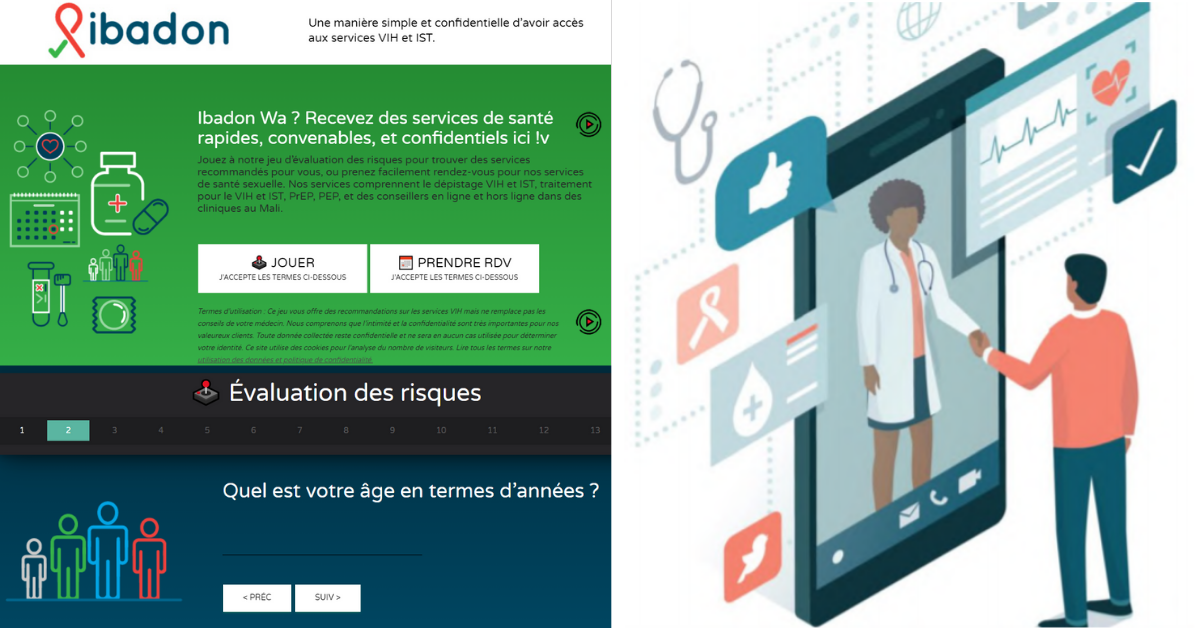

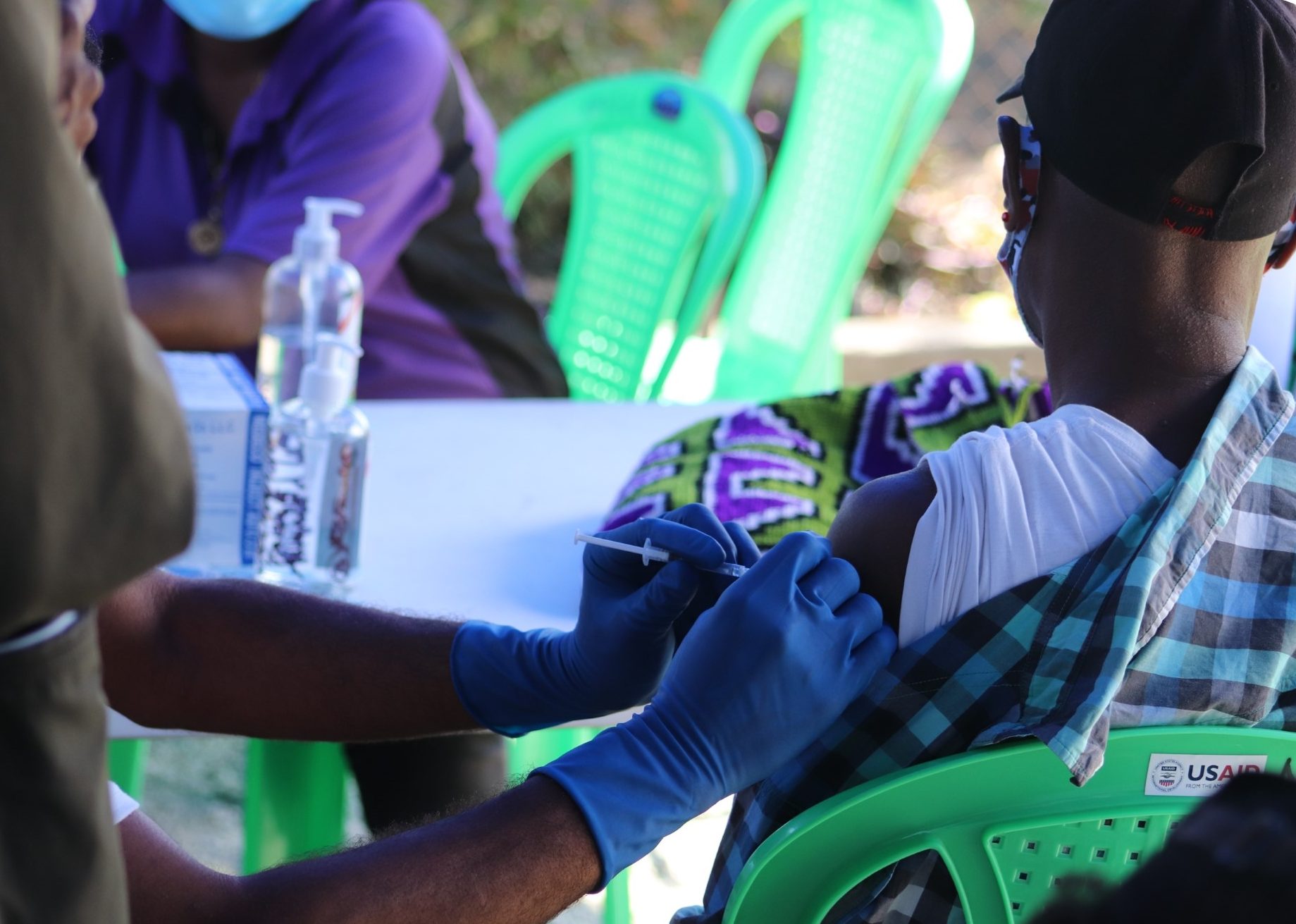
Building confidence to improve COVID-19 vaccine coverage among key populations in Papua New Guinea

Keeping our ears and minds open: Monitoring and evaluation for a virtual training

Young doctor from Bhutan leads the country’s COVID-19 response
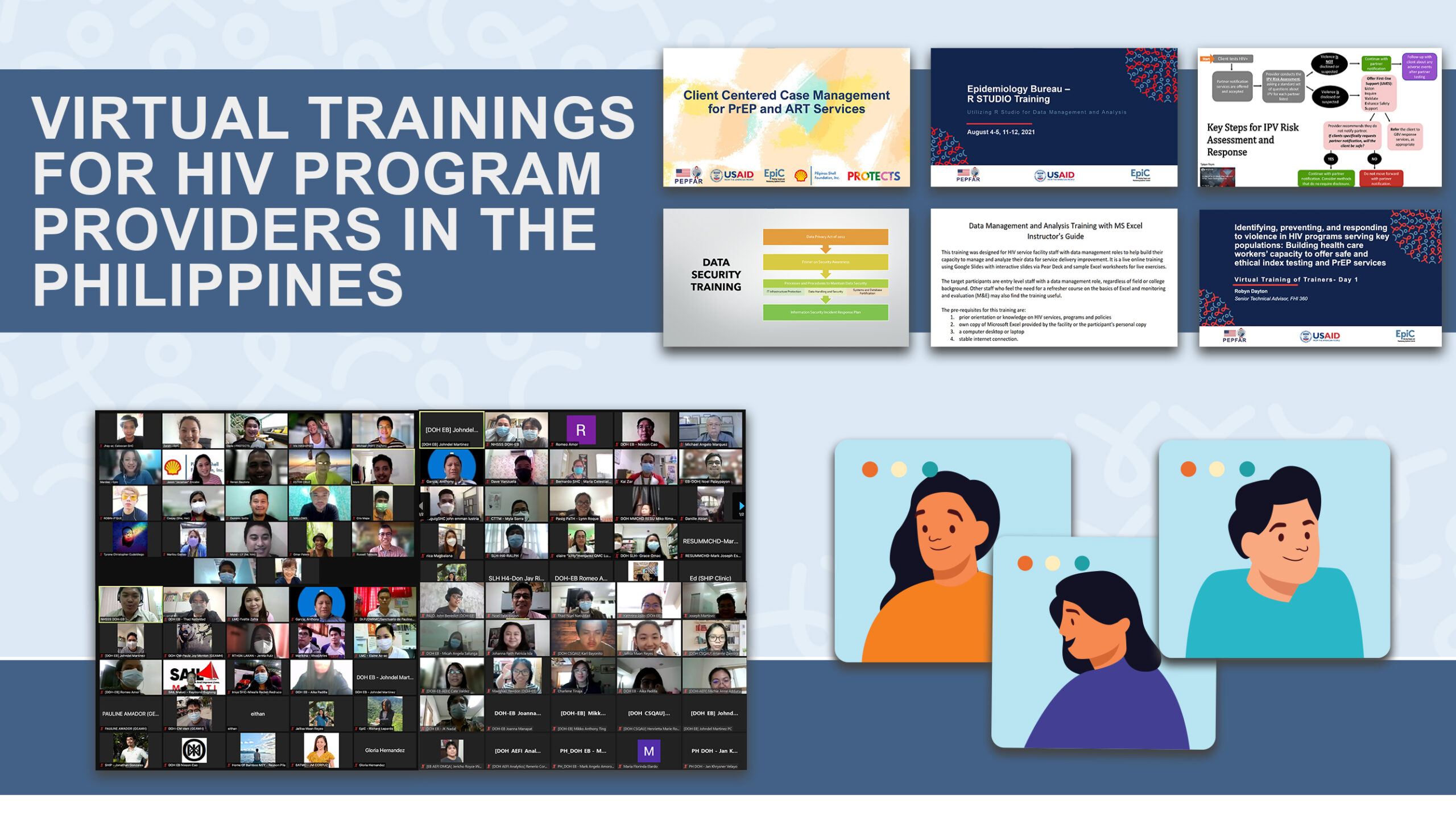
Going online to support HIV program providers and performance during COVID-19 in the Philippines
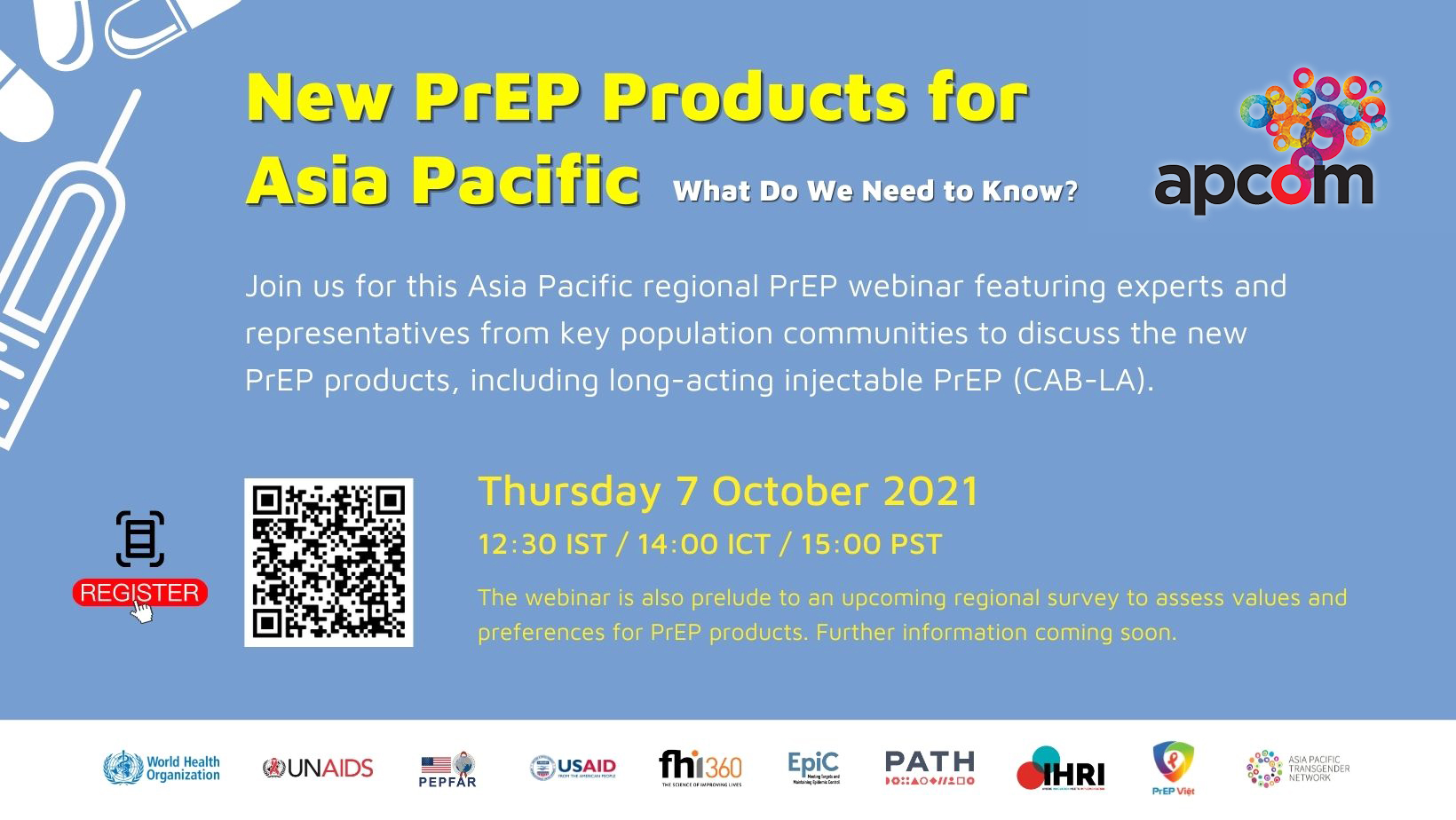
"New PrEP products for Asia Pacific: What do we need to know?" regional webinar
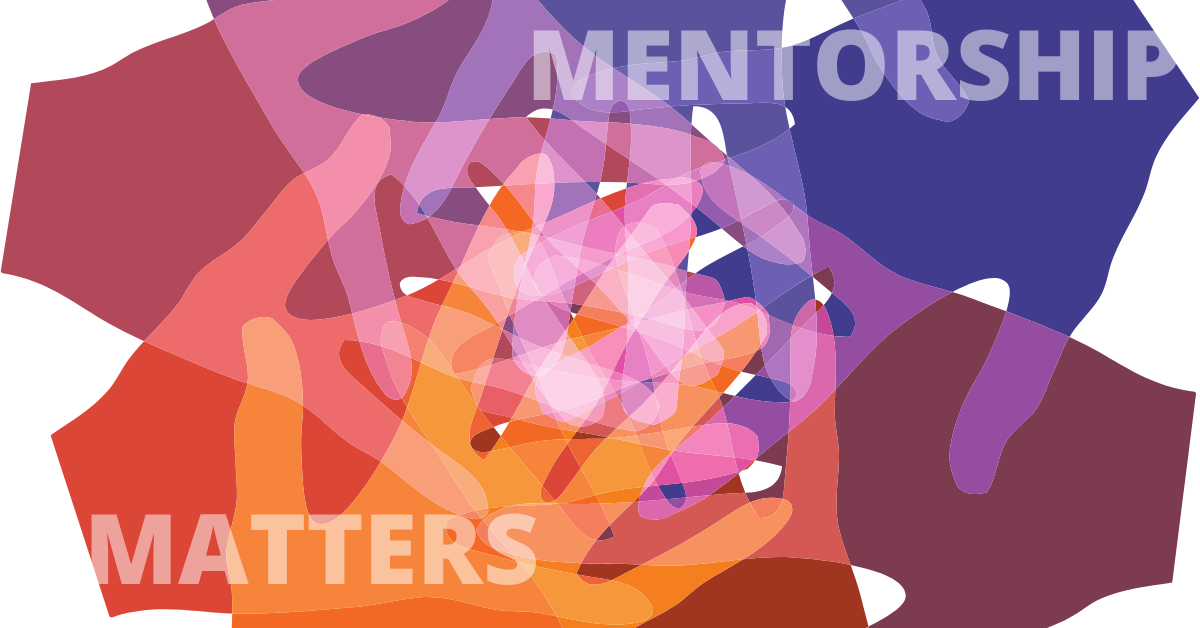
Mentorship that matters and relationship building for better virtual trainings: An interview with Millicent Kiruki, Health Systems Researcher, LVCT Health
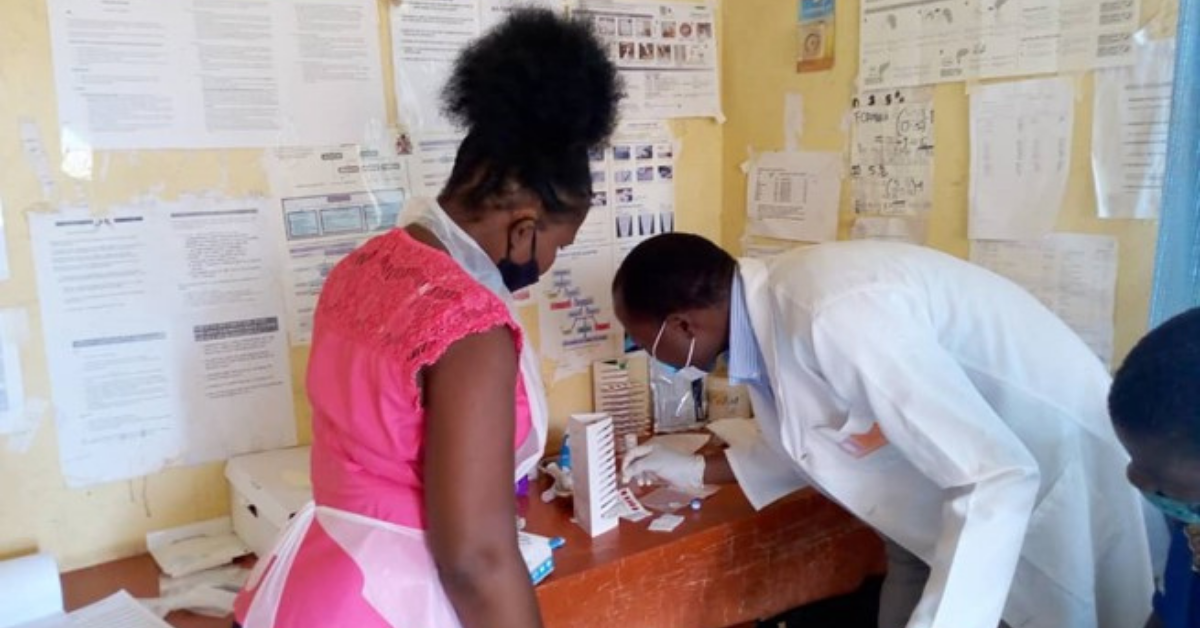
Private clinics in Malawi help decongest public health facilities during the COVID-19 pandemic

From virtual participant to mentor: An HIV prevention professional offers takeaways for every role

